Breaking Down MLK’s “I Have a Dream” Speech Analysis 2025
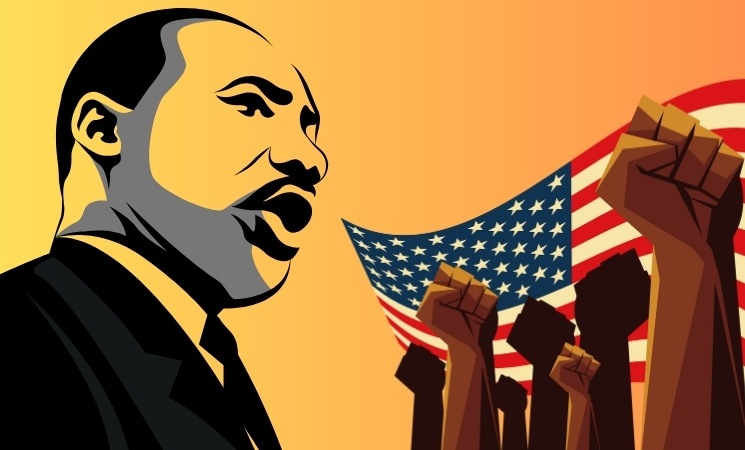
Some words fade into history—others refuse to be silenced.
On August 28, 1963, Dr. Martin Luther King Jr. stood at the Lincoln Memorial, speaking to hundreds of thousands. Yet, his words reached far beyond the National Mall.
His speech was not just a call for justice. It was a demand. A roadmap for change. A mirror held up to America’s unfulfilled promises.
More than sixty years later, how much of his message still rings true?
“One Hundred Years Later, the Negro Still Is Not Free”
“Five score years ago, a great American, in whose symbolic shadow we stand today, signed the Emancipation Proclamation… But one hundred years later, the Negro still is not free.”
Imagine standing in that crowd in 1963, hearing those words for the first time.
Want to know what it felt like to be there? Read this firsthand perspective. Standing in the Crowd: What It Felt Like to Hear MLK’s “I Have a Dream” Speech
A century had passed since slavery was abolished, but for millions of Black Americans, freedom was still a distant illusion. They could not sit at certain lunch counters. They could not attend certain schools. They could not vote without fear.
They were told they were free, yet Jim Crow laws caged them in a system that ensured they never truly were.
Fast forward to today—the “Whites Only” signs are gone, but has real equality arrived?
Let’s break down exactly how far we’ve come—and where we’re still falling short. How Far Have We Come? MLK’s Dream vs. Today’s Reality
“America Has Given the Negro People a Bad Check”
“Instead of honoring this sacred obligation, America has given the Negro people a bad check, a check which has come back marked ‘insufficient funds.’”
MLK wasn’t speaking in metaphors—he was exposing a financial reality.
For generations, Black Americans worked, labored, and built this country—but when they tried to cash in on the American Dream, they were told: “insufficient funds.”
Banks denied them loans. Businesses refused to hire them. The government passed policies that kept them locked out of homeownership, land, and economic security.
And today?
The signs may be gone from bank doors, but discrimination didn’t vanish—it just changed its face.
A Black family still earns, on average, less than 15 cents for every dollar of wealth a white family has. Black applicants are still denied home loans at higher rates—even with the same credit scores. Schools in predominantly Black neighborhoods receive less funding than those in wealthier white areas.
The check was written, but it was never honored.
So, has America finally paid its debt? Or is the promise of equality still just a bounced check?
“The Fierce Urgency of Now”
“This is no time to engage in the luxury of cooling off or to take the tranquilizing drug of gradualism. Now is the time to make real the promises of democracy.”
In 1963, people told MLK to be patient. To wait. To trust that change would come in time.
They said, “Be patient.” “The system will fix itself.” “One day, things will be different.”
But he had already seen what waiting cost.
He had seen Black men lynched while lawmakers debated change. He had seen Black mothers bury their children while leaders preached patience. He had seen churches bombed while America promised a slow path forward.
And so he said, No. Justice delayed is justice denied.
But sixty years later?
The same excuses are still being made.
- “Now is not the time for police reform.”
- “Now is not the time to fight voter suppression.”
- “Change will come eventually.”
But how long is eventually? Because history has already shown us:
Waiting is not just dangerous. Waiting is deadly.
“I Have a Dream” – A Demand, Not a Wish
“I have a dream that one day this nation will rise up and live out the true meaning of its creed.”
MLK’s words were not just poetry—they were a challenge to America.
If Dr. King spoke today, would his words still carry the same urgency? If Martin Luther King Jr. Gave His “I Have a Dream” Speech in 2025
He didn’t say, “I hope America will one day change.”
He didn’t say, “I believe equality will come eventually.”
He said: Rise up. Live out. Do what you claim to stand for.
But sixty years later, has America risen?
A Black child may now sit in the same classroom as a white child—but will they have the same opportunities? A Black man may now walk into any workplace—but will he be paid the same for the same job? A Black woman may now own property—but will the bank approve her loan as quickly as it would for someone else?
America has moved, but has it risen?
MLK’s dream was not a gentle wish—it was a demand.
The question is: Has it been answered? Or is it still just a dream?
“Let Freedom Ring” – A Promise Still Waiting to Be Kept
“Let freedom ring from the mighty mountains of New York… Let freedom ring from every hill and molehill of Mississippi.”
Dr. King didn’t just mean freedom for some. Not just in certain cities. Not just in certain states. Not just for those who could afford it.
He meant true, undeniable, unstoppable justice.
But today, does freedom ring for all—or only for a few?
- If a Black mother has to work twice as hard to earn half as much, does freedom ring?
- If a Black teenager fears a traffic stop could be the end of their life, does freedom ring?
- If millions still face barriers to voting, homeownership, education, and opportunity—then is freedom ringing at all?
Or are we still waiting for the sound of justice?
Dr. King called on America to let freedom ring.
But freedom cannot ring if voices are still being silenced.
So the question remains: Will we finally hear it?
“Free at Last!” – A Promise Still Waiting to Be Fulfilled
“Free at last! Free at last! Thank God Almighty, we are free at last!”
Dr. King’s final words were not just the closing of a speech—they were the opening of a challenge.
The crowd erupted. People wept. For a moment, it felt like the dream was within reach. But more than sixty years later, can we truly say those words without hesitation?
- Are we free if justice still depends on the color of your skin?
- Are we free if opportunity is still a privilege instead of a right?
- Are we free if some voices are still silenced, some lives still devalued, some dreams still deferred?
Dr. King stood at the steps of the Lincoln Memorial marching toward freedom.
If he stood before us today, would he be celebrating?
Or would he still be marching, waiting for America to finally catch up to his dream?
The Dream Lives Through Us
Dr. King’s words were never meant to be locked in history books.
They were meant to be carried, lived, and fought for.
So, have we risen to the challenge?
We no longer see “Whites Only” signs, but do all children truly have the same education? We no longer face literacy tests at the ballot box, but is every vote counted equally? We no longer live under segregation laws, but do we live under equal opportunity?
Dr. King did not march for his words to be remembered.
He marched so that one day, we wouldn’t have to.
But that day has not come yet.
So we march. We speak. We push forward.
Because the dream is not over.
Because now, it’s on us.












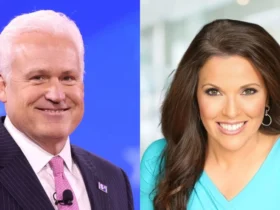



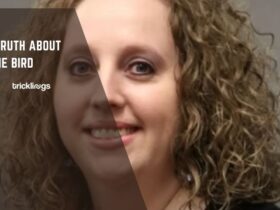
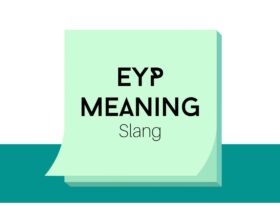

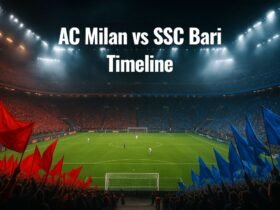

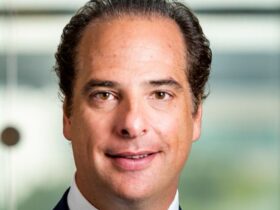

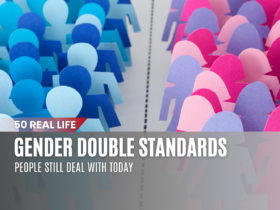


Leave a Review